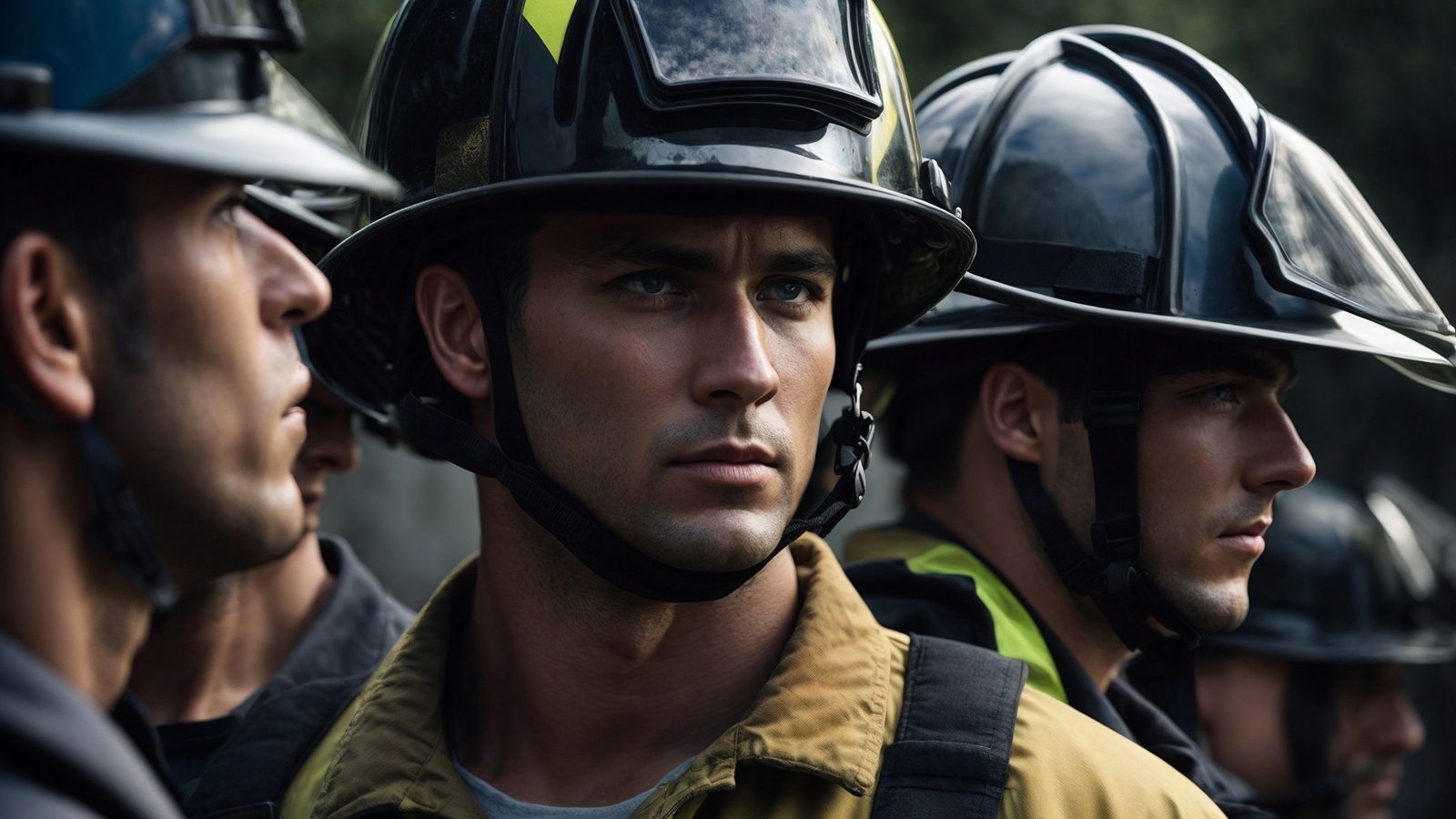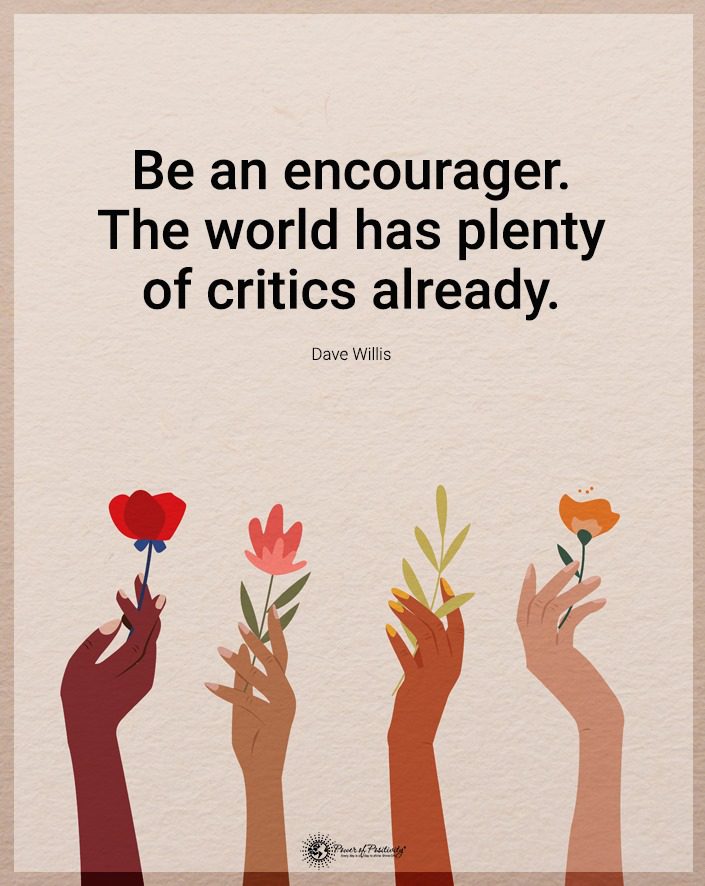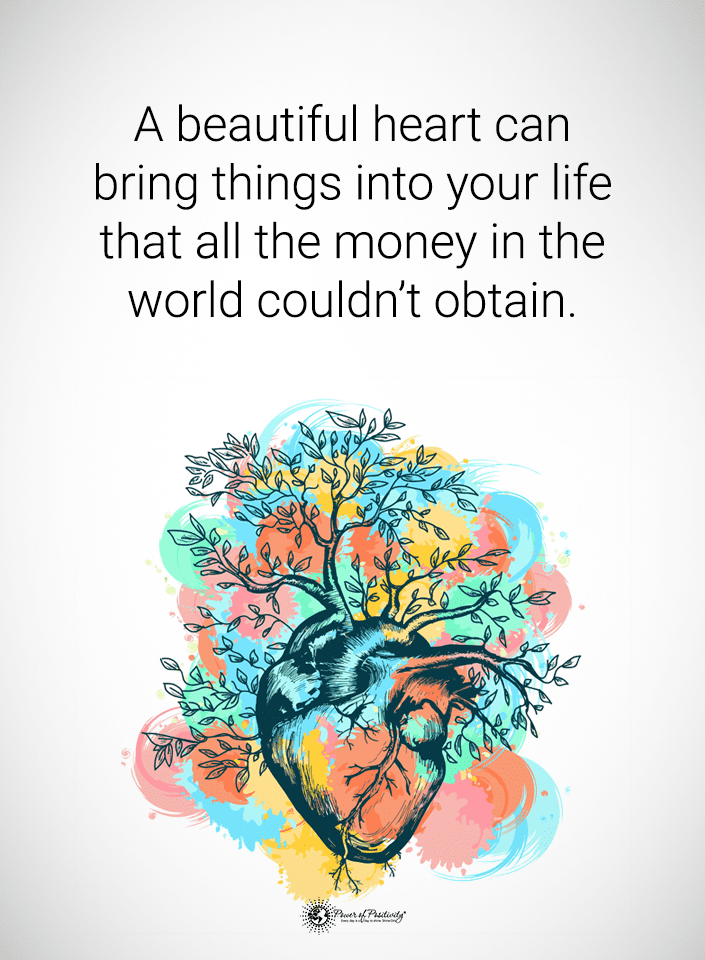Here’s why so many find heroism so highly attractive.
Imagine being swept off your feet not just by good looks or a charming smile but by acts of bravery and heroism. What is it about heroic men that captures our hearts and ignites our imaginations?
In a world where the qualities we seek in a partner are as diverse as humanity, one trait has timelessly stood out in the realm of attraction. Heroism. Tales and songs throughout history have celebrated those who display courage and a willingness to stand up for what’s right.
But is there more to this attraction than just fanciful storytelling?
Note: While most studies and science focus on heroic men, it does not mean that women are not also heroes. This article does not judge women but rounds up the science of heroism.
The Evolutionary Psychology of the Heroic Man
Evolutionary psychology plays a part in helping understand the allure of the archetype of the heroic man. It offers insights into why certain traits like heroism are universally admired. Heroism symbolizes a suite of attributes crucial for survival and reproduction throughout human history.
The concept of a “hero” often conjures images of physical strength, bravery, and a propensity to take risks – traits that historically signified a good provider and protector. From an evolutionary standpoint, these qualities were vital for our ancestors. A man capable of heroic deeds was not just a protector against threats but also a desirable mate, capable of ensuring the survival and well-being of his offspring.
Moreover, heroism may be linked in the mind with leadership and altruism, qualities that suggest a man is strong and capable of making sacrifices for the greater good. These traits indicate a potential for forming stable, cooperative partnerships essential for raising offspring in early human societies.
Although the nature of what constitutes heroism might have evolved in the contemporary context, the fundamental appeal remains. Modern heroism might not always involve physical bravery but can manifest in various forms like social activism, intellectual courage, or standing up against injustice. These acts continue to signal a person’s ability to contribute positively to society and, by extension, to a potential partnership or family unit.
Societal Influence on Heroic Allure
While grounded in evolutionary psychology, the concept of heroism is also significantly shaped by cultural narratives and societal values. These influences play a crucial role in defining what constitutes heroism and, in turn, impact why heroic men are perceived as attractive.
Across different cultures and historical epochs, the hero archetype has been portrayed in various forms – from ancient mythological warriors to modern-day superheroes. These stories do more than entertain; they embed certain ideals into the collective consciousness. A heroic figure, often portrayed as gallant, self-sacrificing, and morally upright, became (unfairly!) a model of the desirable traits in a man.
Moreover, media representations of heroism have a profound effect on shaping public perception. Films, novels, and even news stories glorifying heroic acts reinforce the idea that such qualities are admirable and desirable in a romantic partner. This widespread portrayal often creates a universal standard for what is considered attractive. In fact, media attention makes heroism a widely sought-after trait.
Additionally, societal values play a significant role in this dynamic. In societies where qualities like bravery, leadership, and selflessness are highly valued, men who exhibit these traits are often held in high esteem. This esteem translates into attractiveness, as these men are perceived as embodying the ideal attributes of a partner.
However, knowing how cultural perceptions of heroism vary is also critical. What one culture venerates as heroic, another might view differently. This diversity reflects the complex interplay between societal norms and individual preferences in attraction.
Psychological Magnetism of Heroism
Delving into the psychological appeal of heroism reveals why heroic men often captivate our interest and admiration. This attraction goes beyond the superficial; it taps into deep-rooted psychological needs and desires.
A key part of understanding this attraction is the belief that a heroic person fulfills certain psychological needs.
According to theories like Maslow’s Hierarchy of Needs, basic security and safety are foundational. Heroic traits inherently suggest a capability to provide protection and stability, which can be deeply appealing on a subconscious level. Moreover, heroism often implies moral integrity and selflessness, aligning with higher-level psychological needs like esteem and self-actualization.
Psychologists like David Buss, known for his work on mate selection, suggest that traits like bravery and altruism are not just attractive. Some view them as evolutionarily advantageous in a partner. They signal good genes, a willingness to invest in offspring, and the ability to provide a stable environment for family life. So, the attraction to heroism is a natural inclination towards selecting a mate who enhances personal and offspring survival and well-being.
Beyond evolutionary and survival perspectives, the psychological allure of heroism also lies in its rarity and the admiration it commands. Heroic acts are often extraordinary, setting apart the individuals who perform them. This rarity can create a sense of admiration and respect, powerful drivers of attraction.
Studies in social psychology further highlight how some perceive individuals with heroic traits as more confident, competent, and compassionate – universally appealing qualities in interpersonal relationships. This perception aligns with the idea of the ‘halo effect,’ where one positive attribute of a person (like heroism) can positively influence overall perceptions of them.
Therefore, the psychological appeal of heroism is a complex interplay of evolutionary predispositions, fulfillment of psychological needs, and societal admiration. This multifaceted appeal explains why heroic men often occupy a special place in our perceptions of attractiveness and desirability.
Real-Life Examples and Everyday Heroes
The connection between heroism and attraction isn’t just a theoretical concept. You can see it in real-life examples and stories of everyday heroes. These instances provide tangible evidence of how heroic qualities in men can manifest and captivate those around them.
One compelling aspect of heroism in real life is its diverse manifestations. It’s not just about dramatic rescues or acts of physical bravery. Some see heroism in the quiet, steadfast dedication of a parent working tirelessly for the family. To others, it means the compassionate actions of a stranger helping those in need. It could also mean the moral courage of individuals standing up against injustice. These everyday forms of heroism, though less sensational, can be equally, if not more, attractive, as they demonstrate a consistent and reliable character.
Real-life examples of heroic men, from firefighters and soldiers to activists and innovators, often gain admiration and respect for their courage and commitment. Their stories resonate with us, creating a sense of allure around their personalities. This attraction goes beyond mere physical or superficial appeal. Instead, it’s about an attraction to the strength of character and the values they embody.
Moreover, the impact of heroism on attraction can also be seen in how people respond to these individuals. Surveys have revealed high admiration and romantic interest in men who display heroic traits. This response is not just confined to the dramatic, life-saving heroes. Instead, it also extends to those who perform acts of everyday heroism.
This real-life connection between heroism and attraction demonstrates how heroism transcends the realm of fiction and deeply influences our real-world perceptions of attractiveness. While the definition of heroism might vary, its appeal remains a powerful force in attraction.
Critiques and Evolving Perspectives
While the link between heroism and attraction is deeply rooted and widely recognized, addressing and reflecting on the critiques and evolving perspectives surrounding this phenomenon is important. These considerations offer a more nuanced understanding of the heroism-attraction dynamic.
One significant critique lies in the potential reinforcement of traditional gender stereotypes. The glorification of heroism in men can sometimes perpetuate a narrow view of masculinity, where society defines “heroic” as a “real man.” This perspective can limit and overlook the vast spectrum of male experiences and expressions.
Recognizing that heroism doesn’t have to conform to traditional masculine norms is crucial. Indeed, one can express heroism in various forms, including emotional bravery and vulnerability.
Another point of consideration is the potential for creating unrealistic expectations in relationships. The idealization of heroic men in media and culture can set a high bar for real-life men. Thus, it may lead to disappointment when real people don’t measure up to these heroic standards. It’s essential to differentiate between appreciating heroic qualities and expecting every man to fit into a heroic mold.
Furthermore, societal views on what constitutes heroism are continually shifting. In contemporary society, there’s a growing appreciation for heroism, such as intellectual courage, social activism, and emotional resilience. These emerging forms of heroism challenge traditional notions and expand our understanding of what makes a man attractive.
Finally, it’s important to recognize that the appeal of heroism isn’t exclusive to men. Heroism in people of all genders is equally valuable and attractive.
Final Thoughts on the Appeal of Heroic Men
The attraction to heroic men is a multifaceted phenomenon, deeply intertwined with our evolutionary history, psychological makeup, and cultural narratives. While the concept of heroism continues to evolve, its fundamental appeal remains a potent and timeless aspect of human attraction. Understanding this allure illuminates aspects of our own nature and helps foster a broader appreciation of the diverse expressions of heroism in our modern world.
















 Community
Community

